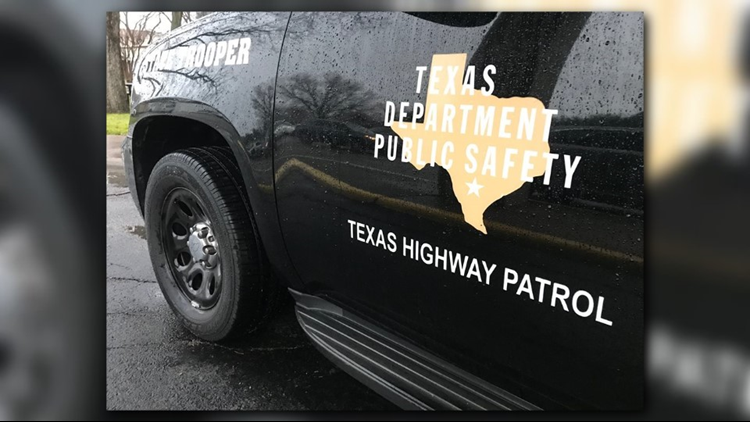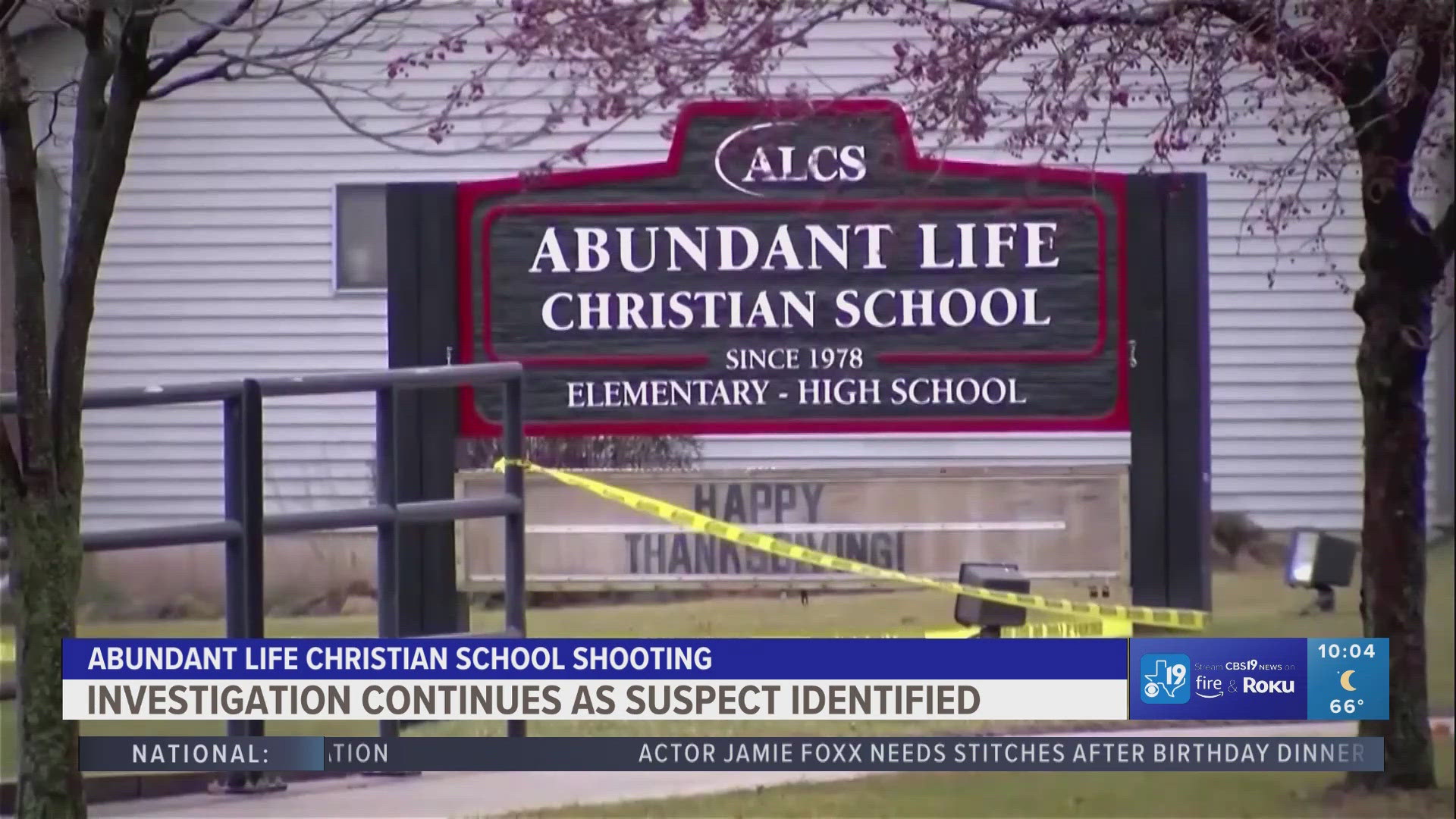TYLER — With the arrival of winter weather, roadways can become slick and icy causing difficulty for drivers.
The Texas Department of Public Safety has compiled a list of tips when encountering poor road conditions due to wintry weather:
1. Avoid distractions.
2. Make sure you're buckled up.
3. Slow down.
4. Go easy on the brakes; applying the brakes on ice can trigger a slide.
5. Turn into a slide. Turn your wheels in the direction you want to go.
6. Increase your following distance.
AAA also has some suggestions for those driving in harsh conditions:
1. Avoid driving while you’re fatigued. Getting the proper amount of rest before taking on winter weather tasks reduces driving risks.
2. Never warm up a vehicle in an enclosed area, such as a garage.
3. Make certain your tires are properly inflated.
4. Never mix radial tires with other tire types.
5. Keep your gas tank at least half full to avoid gas line freeze-up.
6. If possible, avoid using your parking brake in cold, rainy and snowy weather.
7. Do not use cruise control when driving on any slippery surface (wet, ice, sand).
REMEMBER: You can't always see ice on the roadway. Be especially cautious when driving on bridges and overpasses.
"As we know all too well, Texas weather can change in an instant," said DPS Director Steven McCraw. "Every year, Texas faces serious dangers brought on by winter weather conditions, including freezing temperatures, ice, sleet and even snow. Taking extra safety precautions now could make all the difference during these potentially severe weather events this winter."
Texans can prepare their vehicles for the winter by checking the battery, windshield wipers (including appropriate freeze resistant-fluid), tire pressure, tire tread and fluid levels, as well as taking time to lubricate door and trunk locks to prevent freezing.
In addition, the following is a list of emergency supplies drivers can keep in their vehicle:
Blankets/sleeping bags
Extra clothing, including gloves and a hat;
Cell phone, radio, flashlight and extra batteries;
First-aid kit and pocket knife;
High calorie, non-perishable food and bottled water;
Bag of sand or cat litter to provide traction for tires; and
Windshield scraper, tool kit, booster cables, tow rope and a shovel.
DPS offers the following additional tips for staying safe during possible winter weather:
Monitor local weather broadcasts and follow up-to-the-minute weather conditions at National Weather Service.
Purchase an all-hazards weather radio for up-to-date warnings, watches, forecasts and other hazard information.
Sign up for your local emergency notification system.
Make sure you have inclement weather contact numbers for schools and work.
Check on friends and family members whose health or age may put them at greater risk from cold weather.
Allow extra time when traveling in inclement weather.
Avoid traveling when sleet, freezing rain or snow is predicted, and monitor road conditions by visiting Drive Texas or by calling 1-800-452-9292.
Make sure your vehicle is properly maintained before any trip, and keep your gas tank full.
Watch for downed trees and power lines across roads. If power is out, treat all intersections as four-way stops.
Insulate outside faucets and pipes near outer walls.
Make sure that furnaces, heaters, fireplaces and wood stoves are clean, well-ventilated and in good working condition.
To prevent carbon monoxide poisoning, NEVER operate generators and other fuel-powered devices inside a home or an enclosed space, such as a garage. The deadly odorless, colorless gas is produced any time a fossil fuel is burned, with sources including motor vehicle engines, generators and fuel-burning appliances or heating systems. Consider installing a carbon monoxide detector.
- Make arrangements for proper shelter and an emergency supply of food and water for your pets and livestock.
- Stock up on firewood and supplies, including canned goods and bottled water.
- If you will be away from home for a long period of time, set your thermostat to 55 degrees or higher and open cabinets under sinks.
During the winter season, residents can contact 2-1-1 Texas, the state's free 24-hour helpline, to check on possible community-established warming centers or related services in their area. No matter where you live in Texas, you can dial 2-1-1 or 877-541-7905 for community resources.



